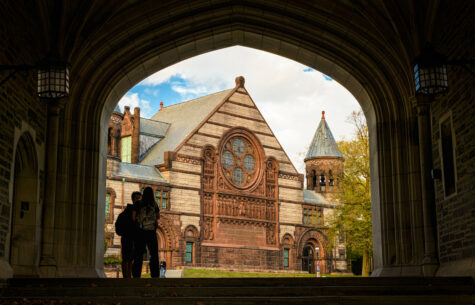Editorial: Social Media Increases Narcissism in Younger Generations
January 16, 2020
According to a study conducted by San Diego State University, narcissism among teens has doubled since 1982, from 15% to 30%.
Social media is the cause for this increase among generations in narcissistic tendencies.
Professionals at Mayo Clinic, an academic medical center, describe narcissism as a mental condition where people have a lack of empathy and an amplified need for attention or approval from others.
It’s far fetched to say that everyone who utilizes social media is a narcissist, but it’s not impractical to say that most who use it develop evident narcissistic tendencies overtime.
Researchers from Swansea University and Milan University used 74 participants to conduct a study exploring the link between “problematic internet use” and narcissism. Over the four month period in which this study was conducted, it was statistically proven that those who actively participated in posting and using social media developed a 25 percent rise in narcissistic traits.
The results from this experiment show that as the months passed, people began to depend on seeking others approval through the amount of likes or comments they got on a post. Which in turn boosts their self esteem, causing them to crave more, which is where the problem arises.
In every generation there are going to be narcissists, it just appears that the numbers are increasing due to prominent inventions today such as Instagram, Facebook, Youtube, and reality shows.
A study conducted by Christopher Carpenter, assistant professor in the Communication Department at Western Illinois University, confirms this by proving that the inflation in someone’s belief in their self-importance drastically increased with the specific use of Facebook. He wrote, “Posting status updates, posting pictures of themselves, and changing their profile are all methods of using Facebook to focus attention on the self.”
Similarly, according to The Guardian, narcissism has drastically increased over the past 10 years. Lucy Clyde, a psychotherapist believes that, “We are trying to sanitise the messiness of human experience. Modern life is hard. If we deny our own messiness, we can’t really connect with other people and their own messiness. And that is really lonely and isolating.”
Visit the Help Guide to learn more on how to treat narcissism and how to identify it around you.


